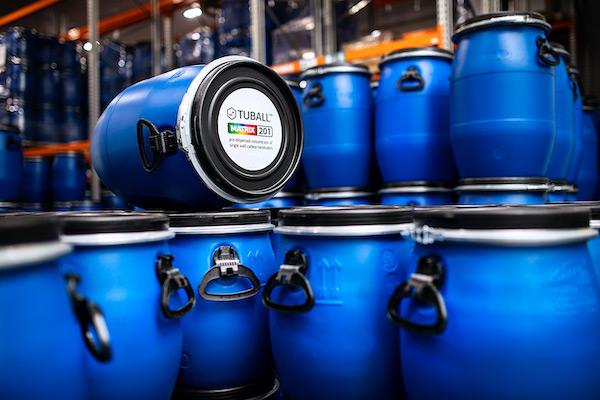
As from April 2020, OCSiAl is able to commercialize up to 100 tonnes annually of its TUBALL™ single wall carbon nanotubes in Europe thanks to the company’s upgraded dossier under the EU’s “Registration, Evaluation, Authorization and Restriction of Chemicals” (REACH) legislation, being additionally compliant with the new Annexes on nanoforms. OCSiAl will continue to expand markets for nanotubes and widen industrial applications by scaling-up its permitted volume in Australia and Canada in 2020, pending approval by the authorities.
OCSiAl is now the only company in Europe able to commercialize up to 100 tonnes of single wall carbon nanotubes, also known as graphene nanotubes. This step allows the company to boost its presence in the region and to meet the growing market demand for industrial volumes of graphene nanotubes. The company’s current portfolio includes over 1,600 customers worldwide, with China and Europe as the two most rapidly expanding markets for nanotube applications in transportation, electronics, construction, infrastructure, renewable energy, power sources, sports equipment, 3D-printing, textiles, sensors and many more.
OCSiAl plays a leading role in improving the accessibility of information on the nature of graphene nanotubes and in forming the principles of their safe handling – the company has so far initiated 16 studies in these fields, including those required by the revised REACH annex. TUBALL nanotubes demonstrate no skin irritation, corrosion or sensitization, no mutagenic effect, and no adverse effect on reproductive toxicity. In addition, ecotoxicity studies have shown no toxic effect on Daphnia or algae. The typical exposure values of respirable fraction of TUBALL in the workplace is much less than 5% of the Recommended Exposure Limits (REL) as per NIOSH in the USA, which is of practical importance for manufacturers working with nanotubes. And end users can also be reassured that these studies have shown that no TUBALL nanotubes are released during utilization of products made with nanoaugmented materials. All these findings reflect the unique nature and morphology of TUBALL graphene nanotubes.
OCSiAl continues to accelerate the acceptance of this unique material in various markets by supplying high-quality nanotubes at an economically feasible price and in industrial volumes. TUBALL is regulated by the Environmental Protection Agency (EPA) in the US, where it is also allowed to be commercialized in industrial volumes. The company’s near-term plans include scaling-up the permitted volume of industrial commercialization of graphene nanotubes in Australia and Canada.
